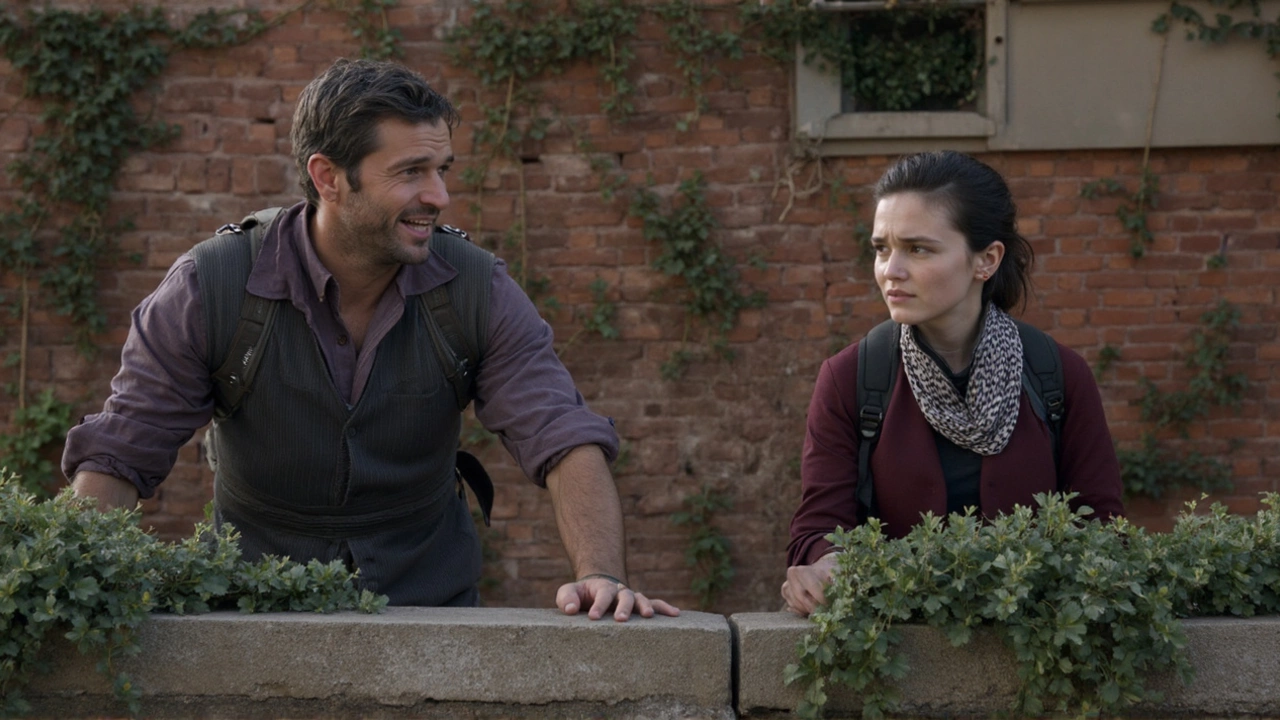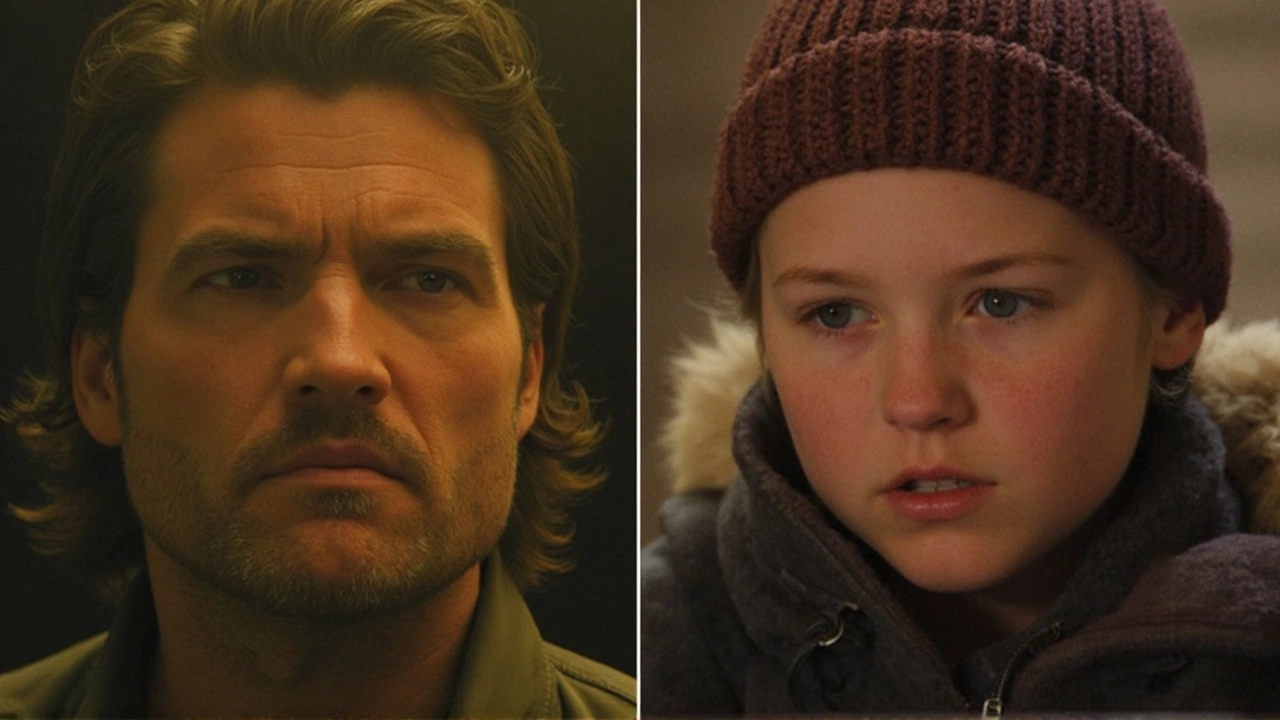Joel’s Brutal Fate: An Icon Reimagined
Fans of The Last of Us knew heartbreak was coming, but HBO’s take on Joel’s (Pedro Pascal) death has landed with a gut punch few expected. Season 2, episode 2 pulls no punches: Joel is murdered by Abby (played by a yet-to-be-revealed actress), whose motives tie directly to one of the first season’s darkest decisions. Abby’s quest for vengeance is deeply personal—her father, the Firefly doctor Joel killed to save Ellie, was more than collateral; he was everything to her. The show doesn't just replay the video game's pivotal moment. It adds layers of moral greyness and a twisted sense of irony by having Joel first rescue Abby from the infected, moments before she kills him. That small act of salvation makes the betrayal feel even sharper, both for Joel and viewers who’ve followed his fraught father-figure journey with Ellie.
When Joel walks into Abby’s trap, it’s not just any death scene. There’s pain, anger, and confusion wrapped inside every blow. HBO drags out Joel’s final moments longer than the game did, ratcheting up the tension and giving both characters more space to confront—if only in glances—what’s truly at stake. Watching Ellie (Bella Ramsey) arrive seconds too late, forced to witness Joel’s gruesome end, you can almost feel the tectonic shift in her world. The show zeroes in on this trauma, setting up what looks to be a harrowing descent into vengeance for Ellie. That sense of loss? Raw and unfiltered, almost too real for comfort.
Game Versus Screen: How HBO Raises the Emotional Stakes
Die-hard fans of the video game noticed right away: Abby’s introduction and Joel’s final minutes don’t play out like a frame-by-frame remake. Unlike the rapid juggernaut pace of the game, the HBO adaptation lets Joel survive a little longer, giving him—and the audience—space to process what’s happening. The fact that Joel saves Abby, then is murdered by her, fuels endless online debate. Is it a better story choice? Does it soften Abby’s villainy, or make it all the more chilling?
Some praise the deeper character work and tension. Others think the pacing drags or the emotional impact feels stretched thin. What’s clear is the creative team wanted to round out Abby’s motivations and make her more than just an instrument of vengeance. By letting viewers see her pain, and her moral muddiness, the show asks uncomfortable questions: Who gets to decide who lives or dies in a broken world? Is revenge ever clean? These twists add new dimensions to familiar characters and, honestly, it makes for gripping TV—even if it stirs fierce arguments among fans.
Actors aren’t immune to the drama, either. Gabriel Luna, who’s back as Tommy, recently dropped hints about where the story goes next. He suggests that Ellie’s story will only get darker from here, and viewers should brace for more layers of ethical gray area. With Joel gone, the question shifts squarely onto Ellie’s shoulders: What do you do with grief this overwhelming? How far will she go to get even? If episode two was any hint, fans should buckle up for a wild, emotionally charged journey. The truth is, this adaptation isn’t content with simply repeating what worked in the games. It wants to push viewers to the edge, and then step a little further.

